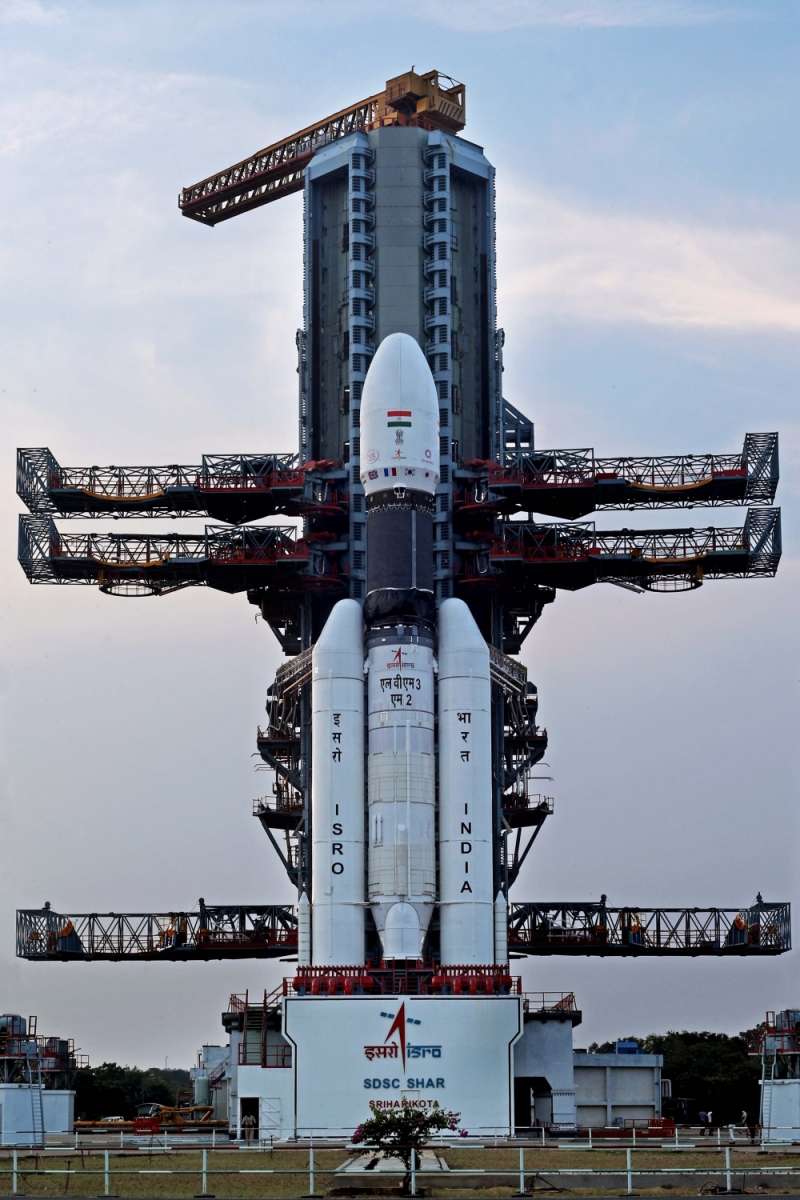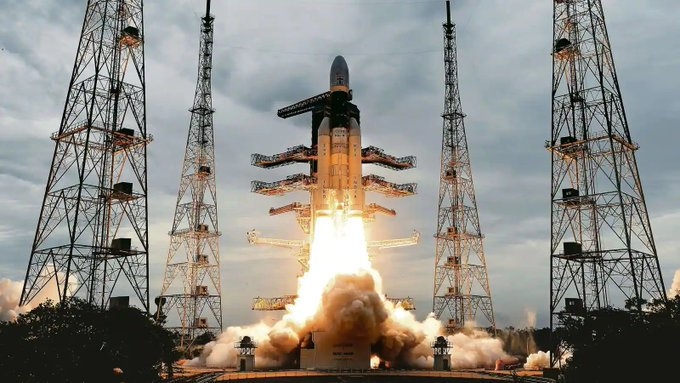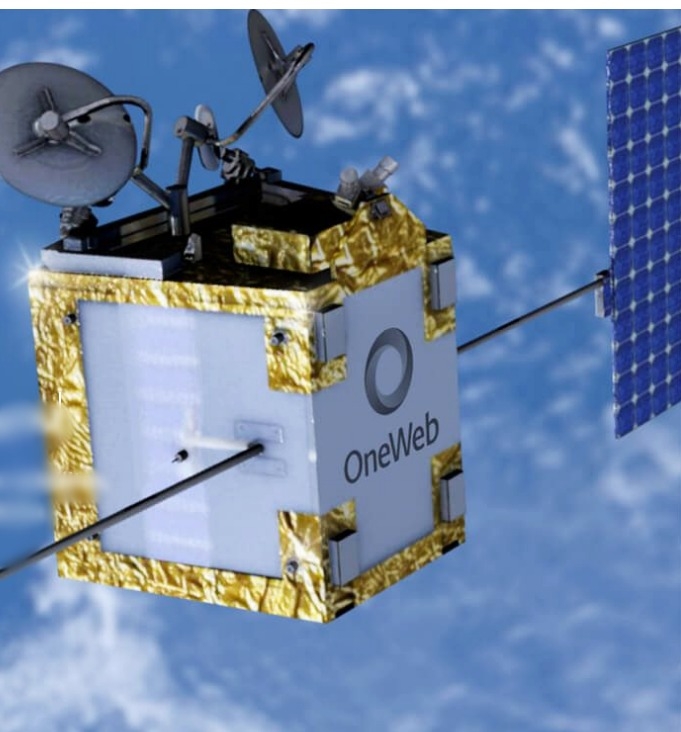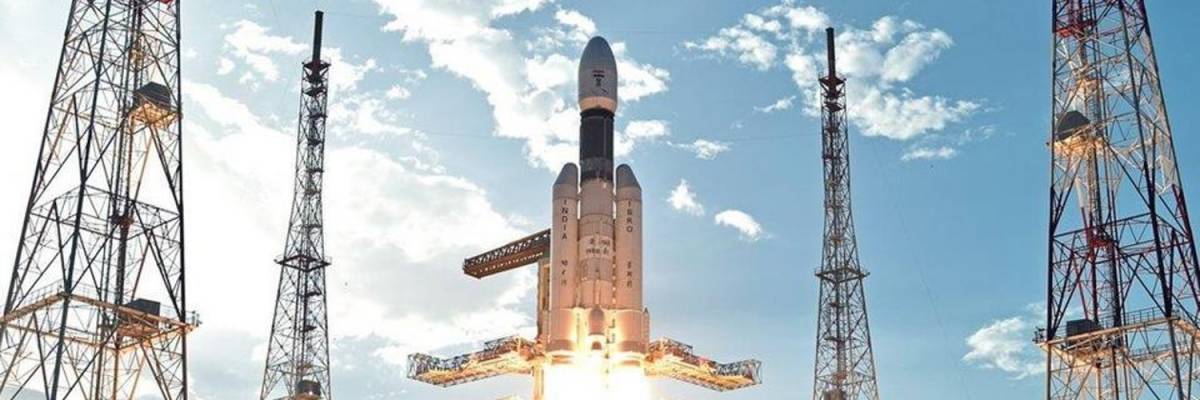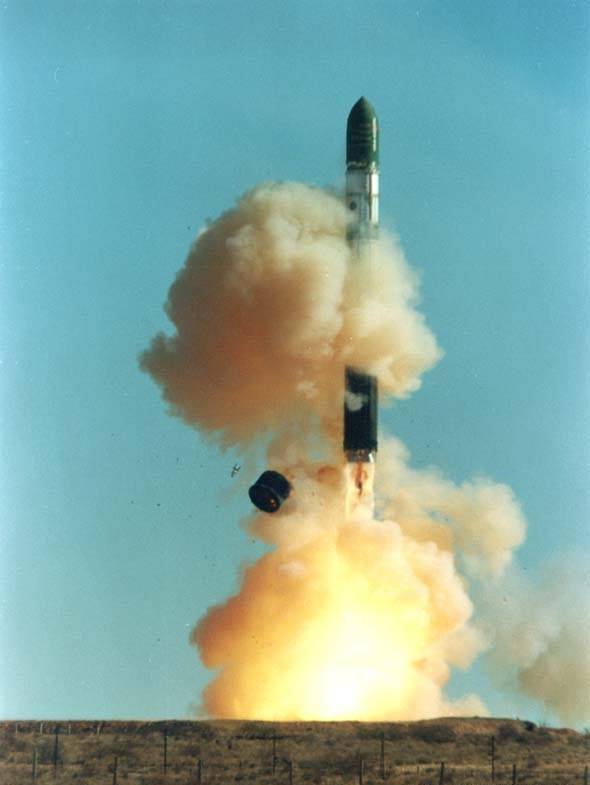The Indian rocket is expected to fly off with the OneWeb satellites this month end…reports Asian Lite News
An Indian rocket LVM3 is scheduled to launch the 36 low earth orbit satellites of the UK-based Network Access Associated Ltd (OneWeb) on March 26 morning, the company said.
The OneWeb is backed by India’s telecom major Bharti Group and with the successful launch of the satellites on March 26, the company will complete the global footprint of its Gen 1 constellation.
OneWeb has 582 satellites now in orbit. On March 26 the total number is expected to go up to 618.
By completing the constellation, OneWeb is taking a pivotal step forward in delivering global coverage including India, the company said.
According to OneWeb the second batch of 36 satellites will be launched by Indian Space Research Organisation’s (ISRO) rocket LVM3 at 9 a.m. Indian time on March 26.
The upcoming launch will be the 18 one for OneWeb.
The first batch of 36 satellites was launched on October 23, 2022 from Sriharikota rocket port in Andhra Pradesh with the LVM3 rocket formerly known as Geosynchronous Satellite Launch Vehicle MkIII (GSLV MkIII).
ISRO’s commercial arm, NewSpace India Ltd (NSIL) has signed a contract with OneWeb to launch 72 satellites in two phases for a launch fee of over Rs 1,000 crore, OneWeb Chairman Sunil Bharti Mittal had said last October.
The second batch of 36 satellites belonging to the UK-based Network Access Associated Ltd (OneWeb) has been fitted inside the Indian rocket LVM3’s heatshield.
In a tweet, OneWeb said: “Exciting news from India as we confirm the encapsulation of our 36 satellites ahead of #OneWebLaunch18; our final launch which will complete our Gen 1 constellation. Thanks to our OneWebbers on site, as well as our colleagues at @isro Aand NSIL_India.”
The Indian rocket is expected to fly off with the OneWeb satellites this month end.
The first batch of 36 satellites was launched on October 23, 2022 from Sriharikota rocket port in Andhra Pradesh with LVM3 rocket formerly known as Geosynchronous Satellite Launch Vehicle MkIII (GSLV MkIII).
ISRO’s commercial arm NewSpace India Ltd (NSIL) has signed a contract with OneWeb to launch 72 satellites in two phases for a launch fee of over Rs 1,000 crore, OneWeb Chairman Sunil Bharti Mittal had said last October.
A couple of days back, OneWeb had launched 40 satellites through SpaceX’s rocket.
OneWeb has 582 satellites now in orbit. Once Indian rocket LVM3 puts into orbit 36 satellites then the total number of OneWeb’s low earth orbit satellites will go up to 618.
The company backed by India’s telecom major Bharti Group will complete global footprint of its Gen 1 constellation with a launch set to take place later this month with ISRO/NSIL.

